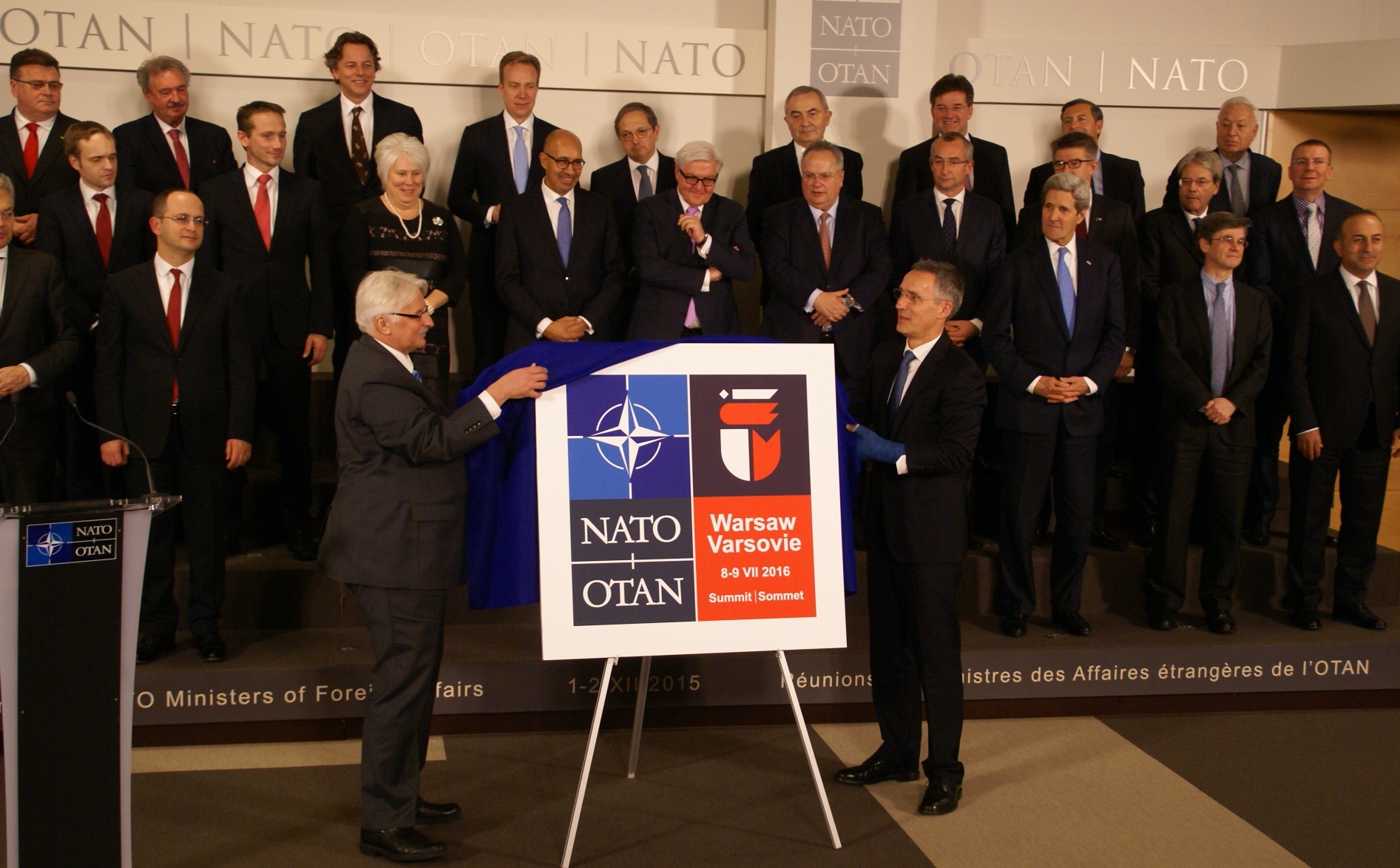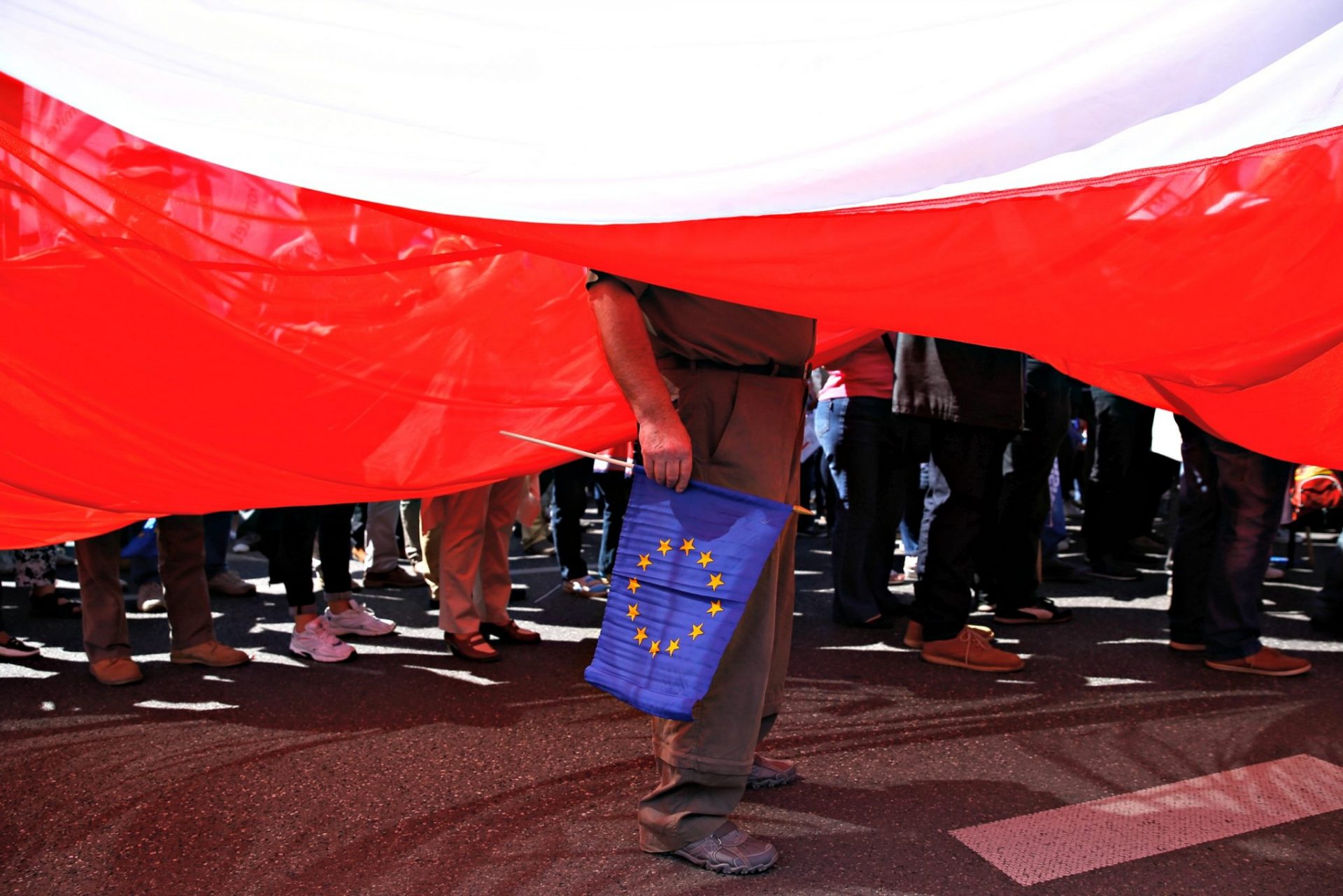
by Nasim Ahmed
I was probably not alone in wanting to be surprised by British Prime Minister David Cameron as he made the case for air strikes against Daesh/ISIS in Syria to a packed parliament on Thursday. I was hoping that he would succeed where others have failed by setting out a coherent and plausible strategy for dismantling the terrorist organisation.
However, if anyone was hoping to learn how Britain joining the air strikes against Daesh would make a difference to the overall strategy to destroy the group, remove Bashar Al-Assad and ease a transition to peace in Syria, they would have been left bitterly disappointed. Despite his efforts, the speech was more political grandstanding than a cohesive, comprehensive strategy. In the end, to paraphrase one Labour Party politician, it all boiled down to, “Britain should bomb Daesh/ISIS because our friends are doing it.”
His marathon performance covered the moral case for air strikes, their legal basis and, most significantly, how participation would make Britain safer from the threat of terrorism. I was particularly attuned to hearing what difference Britain could make that the other three members of the UN Security Council (the US, Russia and France) which are currently bombing Daesh are not. The case for Cameron to make isn’t so much “does ISIS need to be bombed”, but how does Britain joining the dangerously-congested air space over Syria make any difference while making Britain more secure. Either way, I think many people will have been very disappointed by the weak case presented by the prime minister.
In his dossier length 36-page plan, Cameron stressed repeatedly that he wants to avoid the mistakes of 2003, when Britain launched air strikes against Iraq and helped to create a perfect breeding ground for ISIS. Though he avoided much of the hyperbole, his performance was characteristically similar to the drum-beat of war that took Britain into Iraq under Tony Blair’s leadership.
Read: French air force ‘kills 28 children in attack on Iraqi school’
The prime minister didn’t shy away from banalities that sounded more like propaganda than serious arguments for war. “If we don’t act now when our friend and ally France has been struck in this way,” he declared, “then allies in the world can be forgiven for asking, if not now when?” Some of the rhetoric was unnervingly reminiscent of Blair, who had demonstrated a deft touch for making the case for war despite it being counterproductive to Britain’s security and interests, not to mention the security and interests of the people who are affected directly by such Western intervention. The clichés did not end there, as he remarked glibly, “It is wrong for the United Kingdom to sub-contract its security to other countries.” With missionary zeal, Cameron even resorted to pitiful political deflection in stressing that “not taking a decision is itself a choice that has consequences.” Such arguments have little or no merit in what should ideally be cold calculations about going to war or not.
David Cameron outlined three main ambitions for Britain’s proposed intervention in Syria: degrade and destroy ISIS; end the civil war; and work towards a transition of power from Bashar Al-Assad to an “inclusive Government that responds to the needs of all the Syrian people with which the international community could co-operate fully to help restore peace and stability to the whole country.” All very noble, I’m sure, but unachievable through air strikes alone.
With the ghost of Iraq hanging over parliament, the prime minister was intent on providing reassurances that this was not Iraq MkII. UN Security Council resolution 2249, which was passed unanimously, approves “all necessary measures” against Daesh/ISIS in Syria; this no doubt assuages concerns about the legality of possible Royal Air Force bombing missions. Like so many other UN resolutions in its vagueness, though, exactly what those “necessary measures” might be is left to each country to interpret to suit its own national interests, as has been argued elsewhere.
The right-wing Conservative Party leader clearly believes that air strikes against “militants in Syria will make us safer” and denied claims that it would make Britain a bigger target for terror attacks. Though his plan involves military, diplomatic and humanitarian action, he ruled out British troops going in on the ground.
The prime minister is being disingenuous when he claims that air strikes will make Britain safer, given that one of the terrorists behind the Paris attacks made it clear that the atrocity was “for Syria”; tit-for-tat; you bomb us, we’ll attack you. The extent to which Britain would become an even greater target is central to the entire debate about air strikes. Whether military intervention strengthens or undermines our security is of paramount importance, stressed the leader of the opposition, Jeremy Corbyn. Aside from the fact that British intervention is likely to have little or no effect on the overall situation in Syria, many would say that it’s too high a price to pay for very little return.
Those who agree with David Cameron’s reasoning for joining Britain’s allies in bombing Syria really need to ask some basic questions. Will Britain’s participation make any real difference? Unlikely, given the proposed degree of involvement, which would probably be both symbolic and superficial. Wouldn’t it be better for Britain to take a diplomatic and humanitarian lead instead? Such efforts are equally if not more important for a peaceful transition to a peaceful Syria.
Read: Germany to send reconnaissance aircraft to Syria
What’s going on in Syria is collective, multilateral madness, and the prime minister’s speech gave no hint about how Britain is going to navigate the mess and ensure that we don’t make the situation much worse, at home or abroad. What happens when the air strikes end? Who is to say that groups even more extreme than Daesh/ISIS don’t emerge from the rubble? That’s what happened in Iraq and there are no guarantees that it won’t happen in Syria. Is Britain ready for that? If Daesh/ISIS is indeed the product of a failed state, traumatised society and virulent ideology, how does more bombing address this?
What do the experts say? There is serious doubt about Cameron’s claim that there is a credible military strategy to defeat Daesh/ISIS in Syria as well as Iraq through air power alone. As the Guardian highlighted, a long line of senior US officers have acknowledged frustration with the battle against the group. General John Allen, who was in overall charge of the US campaign in Syria and Iraq, quit after offering his assessment of how the war is going, describing it as a “stalemate”. By the middle of last month, the US-led coalition engaged in air attacks in Syria and Iraq had conducted 7,600 sorties (4,900 in Iraq and 2,700 in Syria). Their main problem, as Allen described it, is finding targets to hit; it’s not about not having enough aircraft to drop the bombs, but simply that there aren’t enough targets on which to drop them.
It’s also debatable whether air strikes actually degrade Daesh/ISIS and arrest its advance, as Cameron alleges. The coalition claims repeatedly that it has shrunk the geographical area controlled by the group by 30 per cent in the past year, but in that same period Daesh/ISIS has advanced on and taken Ramadi in Iraq and Palmyra in Syria. In any event, the prime minister does concede that air strikes alone cannot defeat ISIS and what is needed is a comprehensive strategy, which again underlines the question as to how adding more aircraft to the bombing makes any difference.
Cameron said that he will hold a parliamentary vote as early as next week if it is clear that he will get a majority of MPs in favour. That’s a prospect that looked very likely until the downing of a Russian jet by a NATO member, Turkey, earlier this week. It may well temper the previous week’s collective urge for air strikes in the immediate wake of the Paris attacks. This again underlines the dangers of politicking over this issue and being led by emotions into a dangerous conflict.
The overwhelming majority of the Conservative Party’s 330 MPs are likely to support air strikes; there will possibly be just 30 or so rebels. The most significant indication that opinions have been softened is the view of Crispin Blunt, the influential Conservative chairman of the foreign affairs committee, who was a rebel against bombing Syria in 2013, but said during the House of Commons debate on Thursday that he now supports military action.
Jeremy Corbyn is isolated within his own shadow cabinet as the majority look set to back the government. He has been very vocal in his opposition to air strikes but the Labour Party as a whole did not rule out military action if Cameron made a convincing case; it seems increasingly likely that Labour MPs will be given a free vote on the matter to avoid a rift within the party, which would be likely if MPs were forced to toe the party line. Dozens of backbenchers are now leaning towards voting with the government and with only 60 or so Labour rebels out of the current 231 required to tip the balance in the government’s favour, a Commons vote sooner rather than later is probable.
The Liberal Democrats have only 8 MPs. The party wants the government’s proposal to pass five tests before it will agree to back the bombing: legality, which it believes is met by the UN resolution; the creation of a post-ISIS plan; work towards a no-bombing zone for civilians; pressure on Gulf States to get more involved; and carrying out a domestic investigation into jihadi funding.
The Scottish National Party (SNP), with 54 MPs, has not taken any formal decision about which way to vote, but it is likely to oppose air strikes. Angus Robertson, the SNP’s Westminster leader, emphasised this when he said: “The fatal dangers of unintended consequences and escalation in Syria are clear for everyone to see. We need more details from the prime minister, including his plans for boots on the ground. All serious observers agree that an air campaign alone will not lead to the ultimate defeat of Daesh on the ground and ground forces will be needed. How many troops and from which countries does the PM have in his plan?”
Whether or not to use military force is one of the most significant decisions that any government takes, David Cameron told the House of Commons. Judging by the frailty of the case he made for going to war in Syria, these comments appear to be nothing more than platitudes. If indeed it is the most important decision, than surely he should present a case that is merited by the importance of the decision and not one peppered with rhetoric and little else. More importantly, the people of Britain need to see a case that explains exactly how it would make things better in Syria without compromising security here in Britain. After all, just as it will be ordinary civilians in the firing line in Syria – the shamefully so-called “collateral damage” – so too will it be the people of Britain who are likely to face an increased terrorist threat. It’s your call, prime minister, but you have to get it right.
- This article first appeared on Middle East Monitor



